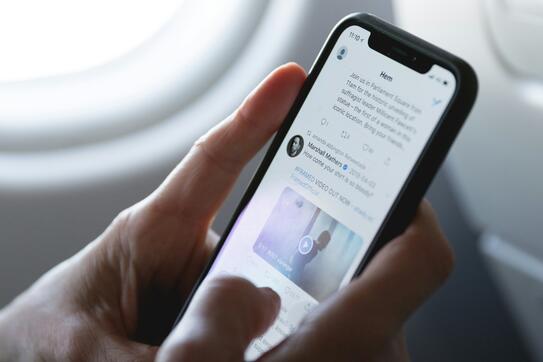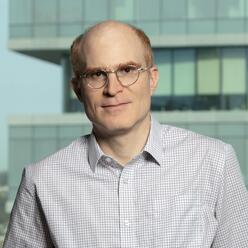NEW YORK — New research from scholars at Columbia Business School and the University of Pittsburgh questions the sustainability of Twitter, the social network that has more than 500 million registered users. The research was recently published in the journal Marketing Science. Columbia Business School Professor Olivier Toubia has a thought–provoking, 140–character–limit comment about the research he co–authored with University of Pittsburgh’s Assistant Professor Andrew T. Stephen. "Get ready for a TV–like Twitter," said Toubia.
The research examined the motivations behind why everyday people, with no financial incentive, contribute to Twitter. The study examined roughly 2500 non–commercial Twitter users. In a field experiment, Toubia and Stephen randomly selected some of those users and, through the use of other synthetic accounts, increased the selected group’s followers. At first, Toubia and Stephen noticed that as the selected group’s followers increased, so did the posting rate. However, when that group reached a level of stature — a moderately large amount of followers — the posting rate declined significantly.
"Users began to realize it was harder to continue to attract more followers with their current strategy, so they slowed down," Toubia added. "When posting activity no longer leads to additional followers, people will view Twitter as a non–evolving, static structure, like TV."
Based on the analyses, Toubia and Stephen predict Twitter posts by everyday people will slow down, yet celebrities and commercial users will continue to post for financial gain.
"Twitter will become less of a communications vehicle and more of a content–delivery vehicle, much like TV. Peer–to–peer contact is likely to evolve to the next great thing, but with 500 million followers, Twitter isn’t just going to disappear. It’s just going to become a new way to follow celebrities, corporations, and the like," said Toubia.
The paper, Intrinsic versus Image–Related Motivations in Social Media: Why do People Contribute to Twitter?, was authored by Olivier Toubia, the Glaubinger Professor of Business at Columbia Business School and Andrew T. Stephen, Assistant Professor of Business Administration and Katz Fellow in Marketing at the University of Pittsburgh’s Joseph M. Katz Graduate School of Business and College of Business Administration.
To learn more about cutting–edge research being performed by Columbia Business School faculty members, please visit www.gsb.columbia.edu.
###


